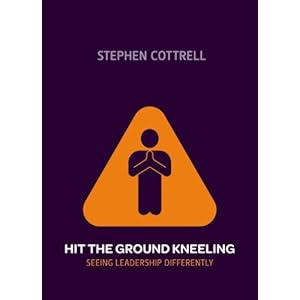
This is a copy of my church magazine article for January 2012
What a year it has been! In our church, we began as we usually do with our motto for the year:
‘Your word is a lamp to my feet and a light for my path.’ (Psalm 119:105)
From there, we launched out into the Essential 100 readings from the Bible, which led us into 20 Sunday sermons and weekday small group studies. If you shared the journey with us, I hope that you feel both better informed and increasingly inspired by the Word of God! I encourage you to go on reading the Bible regularly, for it is foundational to our faith.
What about our motto for 2012? In this year when the Olympic Games is coming to London, we (that is the deacons and myself) thought it would be good to develop that theme. The Games were familiar to members of the early Church, and the apostle Paul often drew upon the world of the games for inspiration. Here, then, is the verse we have chosen:
‘I press on towards the goal to win the prize for which God has called me heavenwards in Christ Jesus.’ (Philippians 3:14).
Paul is picturing the athlete in a race, never looking back but always looking forward. The moment that the athlete looks over her shoulder, she is likely to be beaten. The more she looks and strains towards the finish line, the more likely she is to win.
This is a scene we may return to many times in the coming year, as we look towards all that God has for us to be and do. We need to press on in everything to which God calls us, treasuring the past but never wanting to return to it, looking towards the glorious future that God has prepared for his people.
May God bless us all in 2012, as we run the race and keep the faith!

















